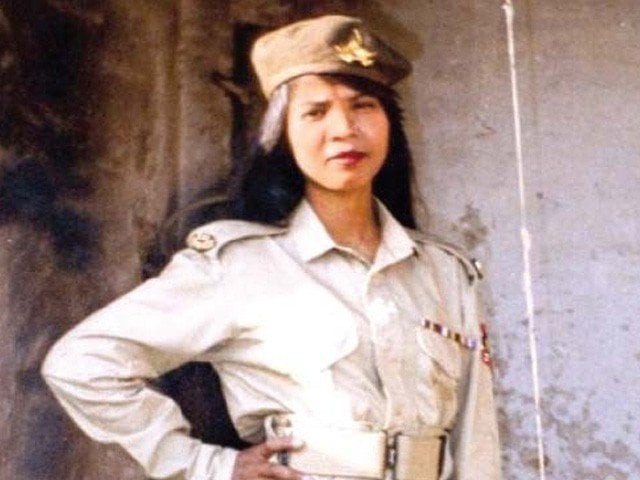Aasia Bibi's daughters move to Canada
Children's guardian, his family also granted asylum in Canada

Aasia Bibi. PHOTO: REUTERS/FILE
Bibi was acquitted of blasphemy charges by the Supreme Court (SC) in October 2018. The 56-page SC verdict set aside the Lahore High Court (LHC) judgement, directing authorities to release Bibi from prison.
The apex court’s decision sparked countrywide demonstrations led by the Tehreek-e-Labbaik Pakistan (TLP), with protesters threatening state institutions including the army and judiciary.
Her two daughters were residing with their stepmother during Bibi's detention. According to sources, the family's longstanding guardian and his family were also granted asylum by the Canadian government.
SC to hear review petition in Aasia's case on 29th
Separately, the Supreme Court has fixed January 29 for hearing a review petition against its verdict acquitting Aasia Bibi in a blasphemy case.
The case will be heard by a three-member bench, headed by Justice Asif Saeed Khosa and comprising Justice Qazi Faez Isa and Justice Mazhar Alam Miankhel.
Justice Isa has been included in the special bench after the retirement of former chief justice Mian Saqib Nisar.
Case history
The 51-year-old Christian woman was on death row since November 2010 after she was convicted on charges of committing blasphemy during an argument with two Muslim women in Sheikhupura.
Her case gained prominence after the then Punjab governor Salmaan Taseer pleaded for a retrial of her case and was subsequently shot dead by one of his guards, Mumtaz Qadri, in January 2011.
Bibi challenged the verdict in October 2014; however, the LHC upheld the death sentence. The apex court had stayed the execution in July 2015.
After a three-year hiatus, a three-judge special bench, headed by the then Chief Justice of Pakistan Mian Saqib Nisar, and comprising Justice Asif Saeed Khosa and Justice Mazhar Alam Miankhel, heard the appeal.
The hearing lasted for nearly two hours and 45 minutes, during which both the prosecution and defence presented their points of view over the conviction.
Members of civil society, including veteran politician Farhatullah Babar, were in attendance during the proceedings. Unlike previous hearings, a few religious clerics were present inside and outside the courtroom.
During the hearing, the bench had pointed out several discrepancies in the statements of the prosecution and the witnesses.



















COMMENTS
Comments are moderated and generally will be posted if they are on-topic and not abusive.
For more information, please see our Comments FAQ